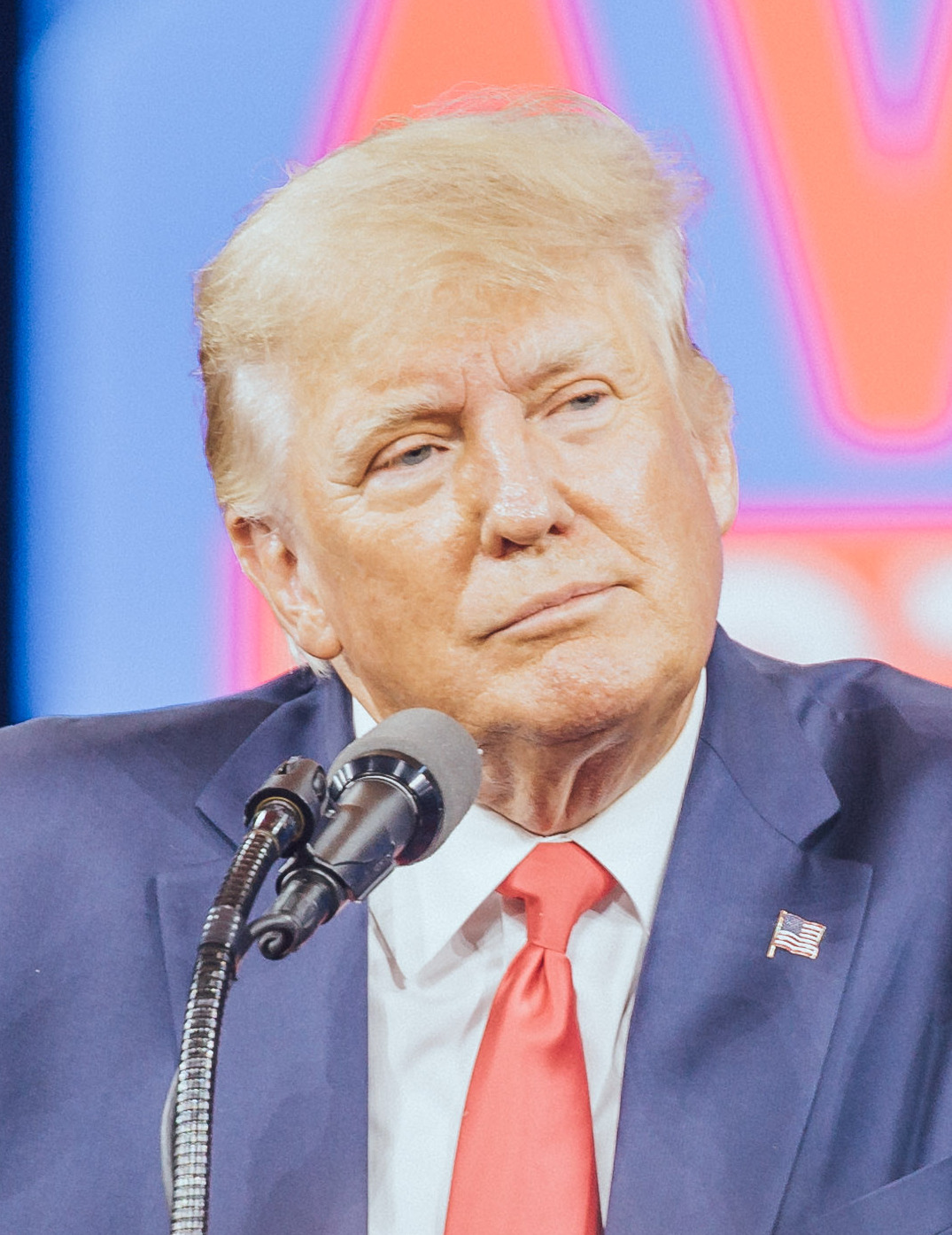The Colorado Supreme Court’s recent ruling has barred former President Donald Trump from the state’s 2024 Presidential ballot. Grounded in the 14th Amendment’s ‘insurrectionist ban,’ the decision stems from Trump’s alleged role in inciting the January 6th, 2021, Capitol events. This ruling, a historic utilization of constitutional provisions to exclude a candidate, was based on a 4-3 decision by justices appointed by Democratic governors.
Former President Trump reacted vehemently to the Colorado Supreme Court’s ruling, denouncing it as a deeply flawed decision that misrepresents his involvement in the events of January 6th, 2021. Trump lambasted the court’s interpretation of the 14th Amendment, asserting that it unfairly targeted his candidacy. He swiftly announced plans to file an immediate appeal to the U.S. Supreme Court, showcasing unwavering determination to contest the decision and ensure his inclusion on Colorado’s ballot for the 2024 Presidential election.
The court’s decision has triggered swift reactions. Trump’s legal team immediately announced plans for an appeal, labeling the ruling an attack on democracy. The Colorado Supreme Court, however, granted a temporary stay until January 4th, awaiting potential intervention from the U.S. Supreme Court. Concerns loom over the possible ripple effects in other states, potentially impacting Trump’s candidacy nationwide.
Parallel to Trump’s swift response, several GOP candidates voiced support for him. Nikki Haley, Ron DeSantis, Vivek Ramaswamy, and Chris Christie criticized the ruling, emphasizing that voters, not judges, should determine election outcomes. Ramaswamy even hinted at withdrawing from the Colorado Republican primary if Trump remains excluded. Their collective stance underlines the contention surrounding the court’s decision and its implications for the upcoming election cycle.
The Colorado Supreme Court’s action has brought the 14th Amendment’s interpretation into the spotlight, sparking debates about its relevance to presidential candidates. This legal development has ignited discussions on the amendment’s scope and contemporary political applications, particularly in electoral contexts.
Amid escalating legal disputes, the nation watches attentively as the Colorado ruling could set a precedent. Its potential impact on Trump’s candidacy across states and the broader implications on electoral rights and constitutional interpretations remain subjects of intense scrutiny. As the legal saga unfolds, attention now turns to the looming possibility of the U.S. Supreme Court’s intervention and its ramifications for the 2024 Presidential race.



